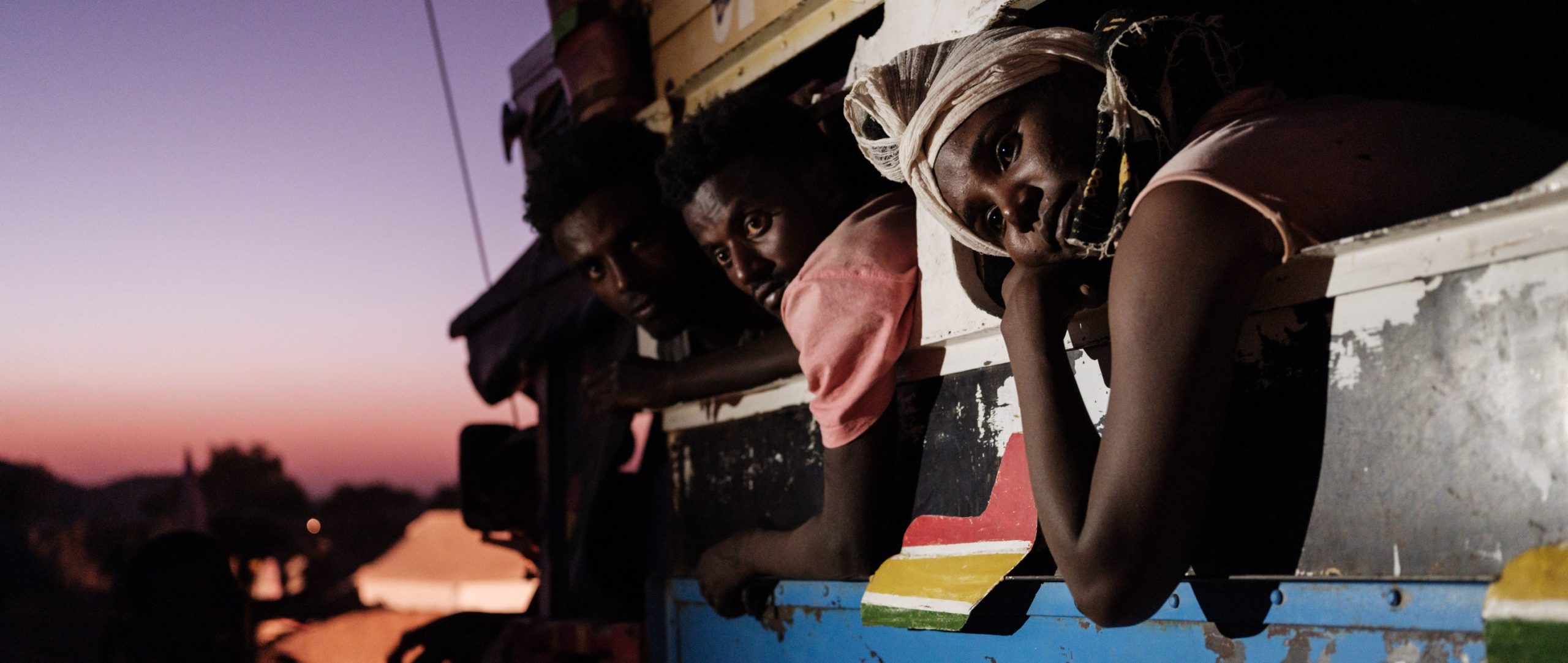
Amhara regional security forces and civilian authorities in Ethiopia’s Western Tigray Zone have committed widespread abuses against Tigrayans since November 2020 that amount to war crimes and crimes against humanity, Amnesty International and Human Rights Watch said in a new report released today. Ethiopian authorities have severely restricted access and independent scrutiny of the region, keeping the campaign of ethnic cleansing largely hidden.
The report, ‘We Will Erase You From This Land’: Crimes Against Humanity and Ethnic Cleansing in Ethiopia’s Western Tigray Zone, documents how newly-appointed officials in Western Tigray and security forces from the neighbouring Amhara region, with the acquiescence and possible participation of Ethiopian federal forces, systematically expelled several hundred thousand Tigrayan civilians from their homes using threats, unlawful killings, sexual violence, mass arbitrary detention, pillage, forcible transfer, and the denial of humanitarian assistance. These widespread and systematic attacks against the Tigrayan civilian population amount to crimes against humanity, as well as war crimes.
“Since November 2020, Amhara officials and security forces have engaged in a relentless campaign of ethnic cleansing to force Tigrayans in Western Tigray from their homes,” said Kenneth Roth, Executive Director of Human Rights Watch. “Ethiopian authorities have steadfastly denied the shocking breadth of the crimes that have unfolded and have egregiously failed to address them.”
The response of Ethiopia’s international and regional partners has failed to reflect the gravity of the crimes that continue to unfold in Western Tigray.
Agnès Callamard, Secretary General of Amnesty International
The Ethiopian government should ensure immediate and sustained access to the region for humanitarian agencies, release all those arbitrarily detained, and investigate and appropriately prosecute those responsible for abuses. Any consensual agreement reached by the parties to the armed conflict should include the deployment of an AU-led international peacekeeping force to the Western Tigray Zone to ensure the protection of all communities from abuses.
“The response of Ethiopia’s international and regional partners has failed to reflect the gravity of the crimes that continue to unfold in Western Tigray,” said Agnès Callamard, Secretary General of Amnesty International. “Concerned governments need to help bring an end to the ethnic cleansing campaign, ensure that Tigrayans are able to safely and voluntarily return home, and make a concerted effort to obtain justice for these heinous crimes.”
Western Tigray Zone is a fertile administrative area in Ethiopia’s Tigray region. Claims over Western Tigray have been the source of heightened boundary and identity disputes since 1992. Western Tigray came under the control of the Ethiopian National Defense Forces (ENDF) and allied forces and militias from the Amhara region within two weeks of the outbreak of conflict in Tigray in November 2020.
Ethiopian authorities have steadfastly denied the shocking breadth of the crimes that have unfolded and have egregiously failed to address them.
Kenneth Roth, Executive Director of Human Rights Watch
During the initial offensives, Ethiopian federal and allied forces carried out war crimes against Tigrayan communities, including indiscriminate shelling of towns and extrajudicial executions, forcing tens of thousands to flee to neighbouring Sudan and to other parts of Tigray. Tigrayan militias and local residents also carried out war crimes against Amhara residents and visiting labourers during a massacre in Mai Kadra town on November 9, the first publicly reported large-scale massacre of this conflict.
In the ensuing months, newly-appointed administrators in Western Tigray and Amhara Special Forces – a regional paramilitary force – undertook a campaign of ethnic cleansing against Tigrayan residents of the area.
Over 15 months, Amnesty International and Human Rights Watch researchers interviewed more than 400 people, including in-person interviews of Tigrayan refugees in Sudan, and remote interviews of Tigrayan and Amhara residents of Western Tigray and the Amhara region who suffered or witnessed abuses. Researchers also consulted medical and forensic reports, court documents, satellite imagery, and photographic and video evidence that corroborated accounts of grave abuses.
Ethiopia: Crimes Against Humanity in Western Tigray Zone
Source: Global Pinoys PH

0 Comments